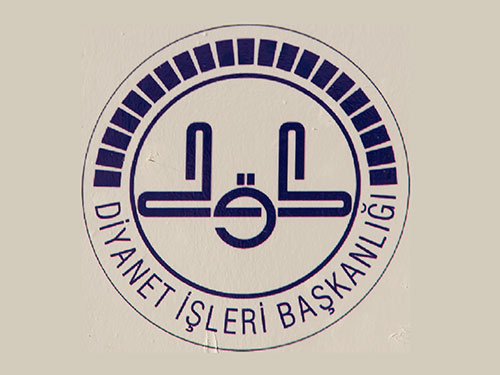
This article was originally published in the Turkey Analyst, a publication of the Central Asia-Caucasus Institute and Silk Road Studies Program Center on 9 October, 2015.
BACKGROUND: Whether in Ottoman times or in the Republican era, the Turkish state has made control of religious affairs a priority. In Ottoman times, this function was fulfilled by the Ulema under the leadership of the Sheikh ul-Islam, himself appointed by the Sultan. Following the creation of the Republic, the Diyanet Işleri Başkanlığı, or Directorate for Religious Affairs, fulfilled this role. Diyanet was created in order to maintain control over the religious sphere of Islam. All imams in every mosque across Turkey were appointed by Diyanet, which wrote their Friday sermons. Diyanet was a key institution of the Republic: it helped legitimize the modernization and westernization of Turkey from a religious perspective, and prevented the mosque from becoming a central focus point for reactionary activity. In this, it largely succeeded; and it is no coincidence that it is considered among the three key institutions of the republican era, together with the Army and the Ministry of Education.
